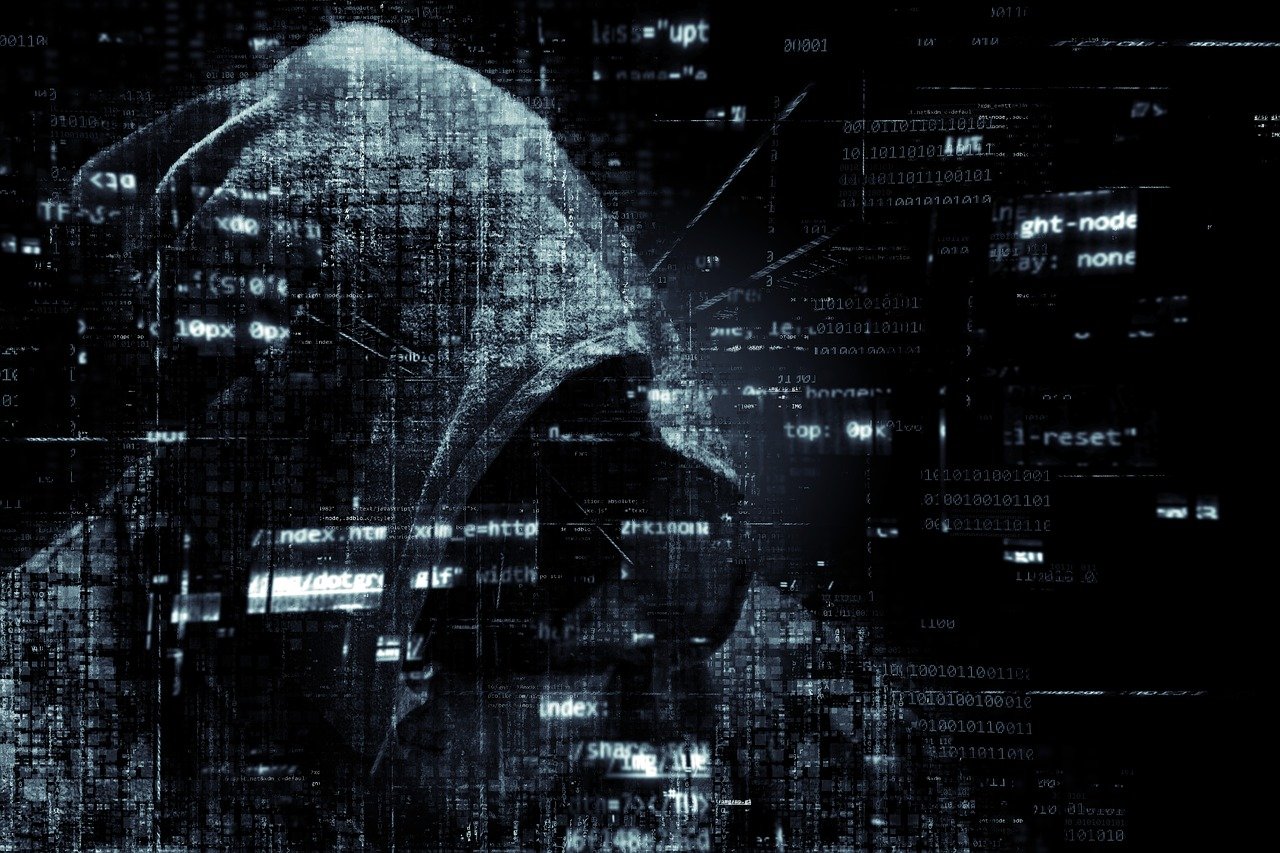With the escalating threat of cyberattacks and the ever-evolving tactics employed by hackers, researchers have been exploring innovative approaches to bolster cybersecurity. One such promising development is the utilization of Language Models (LMs) trained on the dark web, specifically LLMs (Large Language Models). By delving into the hidden corners of the internet where cybercriminals operate, researchers aim to unlock valuable insights that could serve as a potent weapon against hackers. In this article, we delve into the potential implications and benefits of an LLM trained on the dark web and how it could reshape the future of cybersecurity.
Understanding Language Models :
Language Models are algorithms designed to understand and generate human language. These models leverage vast amounts of text data to learn patterns, syntax, and semantics. LLMs, such as OpenAI’s GPT-3, are among the most advanced examples of language models, capable of generating coherent and contextually relevant responses.
By training LLMs on diverse datasets, including books, articles, and websites, researchers have enabled these models to generate accurate and informative content. However, training an LLM on the dark web entails exposing it to a significantly different kind of data—one that is characterized by illegal activities, hacking techniques, and malicious intent.
Unveiling the Dark Web :
The dark web is a part of the internet that is intentionally hidden and inaccessible to conventional search engines. It requires specific software, such as Tor, to access it anonymously. The dark web provides an environment for illegal activities, including the sale of stolen data, hacking tools, drugs, and even illicit services.
Training an LLM on the dark web involves exposing it to various dark web forums, marketplaces, and text sources to learn the distinctive language, jargon, and tactics employed by cybercriminals. While this approach comes with ethical and legal considerations, it offers researchers an unprecedented opportunity to analyze and understand the dark web ecosystem more comprehensively.
Unleashing the Potential :
An LLM trained on the dark web holds immense potential in the fight against hackers. By deciphering the inner workings of cybercriminal operations, researchers can gain crucial insights into emerging hacking techniques, zero-day vulnerabilities, and evolving threat landscapes. This knowledge can empower cybersecurity professionals to better anticipate and defend against attacks, contributing to enhanced network security.
One of the significant advantages of an LLM trained on the dark web is its ability to assist in threat intelligence analysis. By processing vast amounts of dark web text data, it can identify patterns, trends, and indicators of potential cyber threats. This enables security analysts to proactively identify emerging risks, track hacker activities, and take preemptive measures to safeguard critical systems and networks.
Moreover, an LLM trained on the dark web can aid in developing advanced intrusion detection systems. By understanding the language used by hackers and recognizing suspicious patterns in network traffic or system logs, these models can help identify potential breaches and vulnerabilities in real-time. This proactive approach strengthens the defense mechanisms of organizations, making them more resilient against cyberattacks.
Challenges and Ethical Considerations :
While the potential benefits of an LLM trained on the dark web are substantial, it is essential to address the associated challenges and ethical considerations. The dark web is a realm predominantly engaged in illegal activities, and training an LLM on such data raises concerns about the model inadvertently learning and propagating harmful content. Safeguards must be in place to prevent the dissemination of illegal information or providing hackers with new tools or techniques.
Additionally, the privacy and security of researchers accessing the dark web need to be carefully managed to prevent compromising their identities or exposing them to potential threats. Collaboration with










